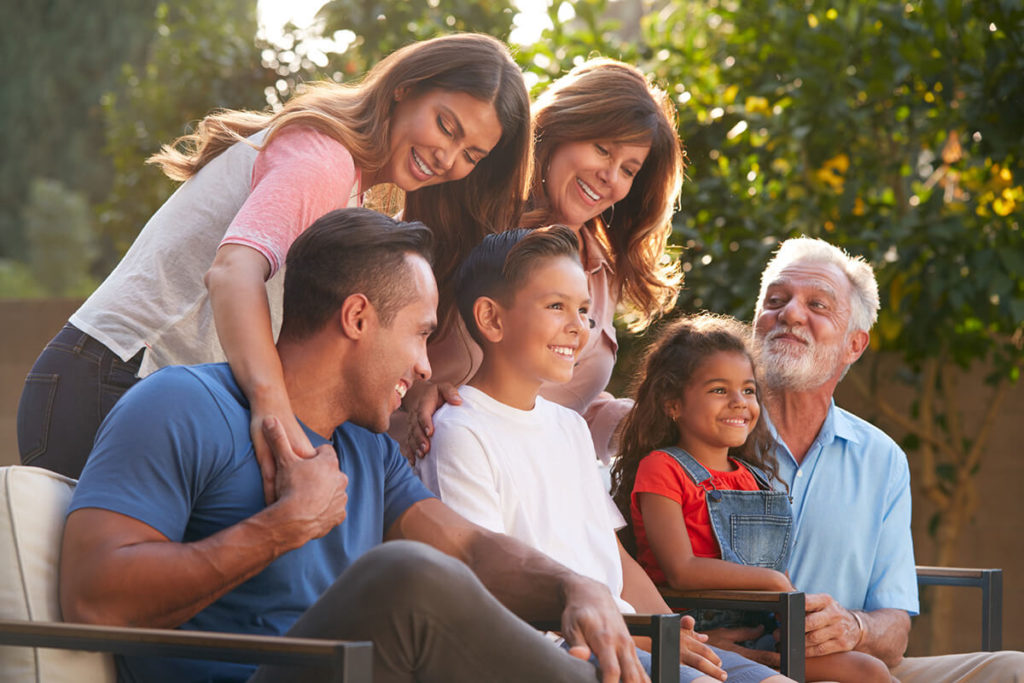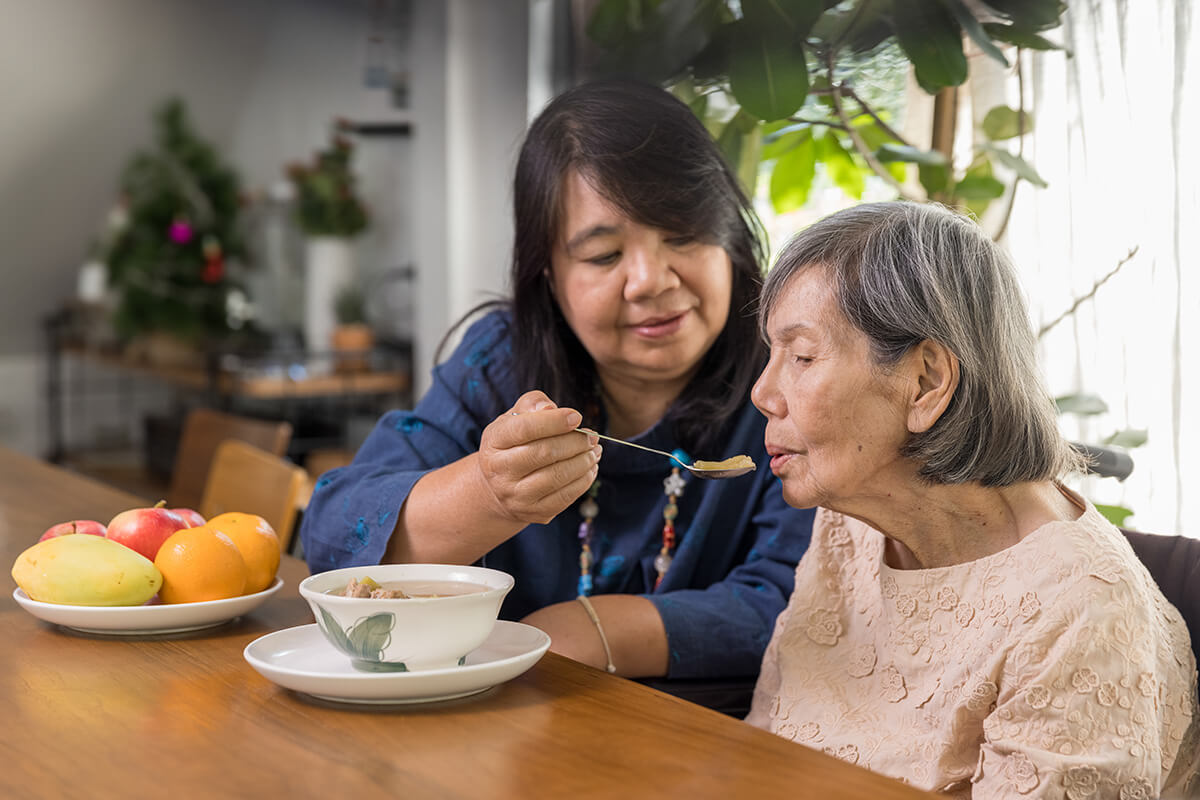The Names of Age and Ageism
By Di Patterson, August 16, 2022

If I live to see the end of the Mini-Boom—my children’s old age, beginning from years 2046 to 2054—I will be one hundred years old. Having had 3 biological grandparents live over age 95, I expect to be around. Recent medical research backs up the age-old notion that the human body is equipped to survive until 120 years old, if disease and disabilities are kept to a minimum.
I can’t help but wonder what things will be like for me, my 3 adult kids and 3 adult stepkids, 15 grandkids and 6 great-grands, and the ones to follow. I am active, informed and engaged with family, friends, business associates and our society. I am not alone. There are many more like me; in fact, about 77 million of us Baby Boomers. We work, vote, have families; we watch out for our kids and to some extent, take care of our parents.
So it’s time to have a discussion about age and ageism. Ageism is one of the prejudices that—much like genderism, racism, or religious intolerance—spurs some who are not older to behave badly toward those who are older, whether it’s thinly masked or blatantly evident. It is time to call ageism out into the open, and name it for what it is: just another form of prejudice. In fact, names are what prejudice usually can be recognized by.
Ageism is one of the prejudices that—much like genderism, racism, or religious intolerance—spurs some who are not older to behave badly toward those who are older, whether it’s thinly masked or blatantly evident.

First, let’s agree that “a rose by any other name is still a rose” (thanks, Shakespeare!), and conversely, a stinker is always a stinker. I researched this topic over the years with my daughter and her friends. I’ve asked them for names that they’ve used or heard “old” people called by. Some funny and a few irreverent ones came out.
They started with the respectful senior citizens and retirees, moved to mature individuals and had no problem with the generic, the old. Not all that problematic. I threw down the gauntlet that I wanted reality, and we agreed that mature adults, although accurate, just sounded a little triple-X. We then got to geezers, blue hairs and old farts, which are only okay when the aforementioned geezers, blue hairs and old farts use these monikers for themselves! We laughed when they admitted to using old asses or grandmas when anyone drives too slowly in front of them; which, they pointed out, is unfair to their own “rockin’ grandmas”, whom they really love. We all had to agree with the newest and most accurate term for seniors: older adults.
This exercise proves that many Americans can come to terms with ageism and reject it, although there will always be the jerks and the immature. In examining the terms we choose to describe what ALL of us are destined to become—old—the positive naming of older people can be a genuine effort NOT to marginalize their dignity, accomplishments and their ongoing contributions to society. Maybe, this time, we can get it right!
©Di Patterson, CPG: “No one WANTS to age, but EVERYONE wants to AGE WELL!”

Best Practices for Eldercaregivers
Here are my best tips, professionally and personally, I can offer to other eldercaregivers.

The Card Campaign
Love. Kindness. Caring. Things we think about when we are hoping for good things for family members or friends…enter The Card Campaign!
